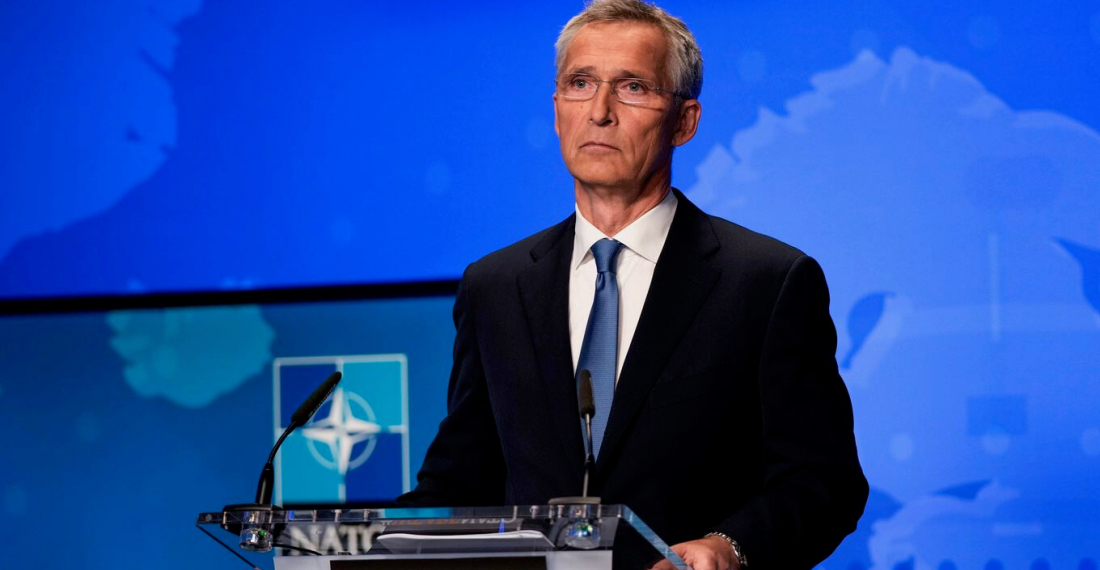The Secretary-General of NATO, Jens Stoltenberg, does not support the European Union's plans to create its own forces that can intervene quickly worldwide. He said this on Friday (3 September) in an interview with the Reuters news agency. In November, the EU ministers of Defence are expected to discuss the possible establishment of a joint defence force.
The situation in Afghanistan, has brought a sense of urgency to the long discussed idea of an EU military force, since European countries trying to evacuate their citizens found themselves dependent on the military deployment of the United States. In similar scenarios in the future, the EU hopes to be able to operate more autonomously with such an intervention force.
"We welcome more EU efforts on defence, but that cannot replace NATO. It should not duplicate NATO, because we have one set of forces, we have scarce resources", Stoltenberg said. Most EU member states are also NATO members.
The proposed European force should number about 5,000 troops. Not all EU countries support the plans for a joint force. Eastern European member states in particular are reluctant, for fear of damaging their ties with the US.







